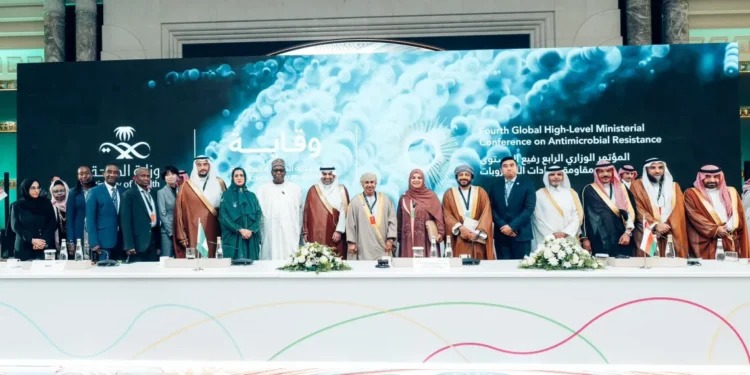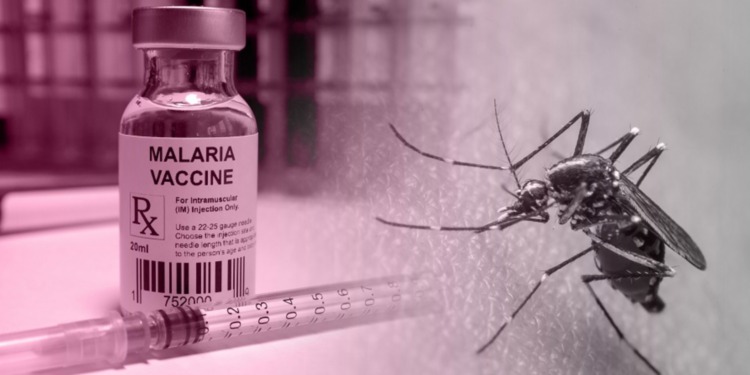Nigeria has been announced as the next host of the bi-annual High-Level Ministerial Conference on Antimicrobial Resistance (AMR) in 2026. The announcement was made during the just-concluded 4th edition held in Jeddah, Saudi Arabia, from 15 to 16 November under the leadership of Saudi Arabia’s Minister of Health, Fahad Al-Jalajel. The Coordinating Minister of Health …

